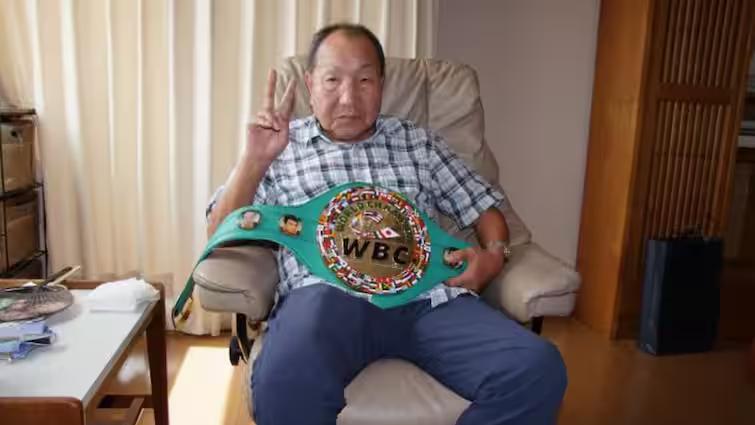
World’s longest-serving death row prisoner gets $1.4 million
In a landmark decision, the world’s longest-serving death row prisoner, Iwao Hakamada, has been awarded a record compensation of 217 million yen ($1.4 million) after being acquitted by a Japanese court in 2024. This compensation is the highest ever given in such a case, and it comes 46 years after Hakamada was initially sentenced to death for a crime he did not commit.
Hakamada’s story is one of wrongful conviction and imprisonment. He was found guilty in 1968 of murdering his boss, the man’s wife, and their two children. He was arrested in 1966 and was on death row for 46 years, despite lacking any concrete evidence against him. His case sparked widespread outrage and protests in Japan, with many questioning the justice system’s ability to ensure fairness and accuracy.
The case against Hakamada was based largely on circumstantial evidence, including a few pieces of torn fabric found at the crime scene that were later determined to be from Hakamada’s clothing. However, there were several inconsistencies in the prosecution’s case, including the fact that the fabric was not matched to Hakamada’s clothes until after his arrest, and that the main witness against him later recanted his testimony.
Despite these inconsistencies, Hakamada was found guilty and sentenced to death. He spent nearly 47 years on death row, during which time he was subjected to harsh conditions and mistreatment by prison officials. He was denied access to adequate legal representation and was forced to live in isolation, with limited contact with the outside world.
In 2014, a group of lawyers and activists took up Hakamada’s case, arguing that he was innocent and that there had been a grave miscarriage of justice. They presented new evidence and witnesses, including a former police officer who claimed that he had been pressured to fabricate evidence against Hakamada.
In 2024, a Japanese court finally acquitted Hakamada, acknowledging that he had been wrongly convicted and imprisoned. The court ruled that the prosecution had failed to provide sufficient evidence to prove Hakamada’s guilt and that there had been a serious breach of his right to a fair trial.
As a result of his acquittal, Hakamada has been awarded a record compensation of 217 million yen ($1.4 million). This is the highest compensation ever given to a wrongful conviction victim in Japan, and it is a testament to the importance of ensuring that justice is served and that those who have been wronged are held accountable.
The case of Iwao Hakamada is a stark reminder of the importance of preserving the integrity of the justice system. It highlights the need for thorough investigations, effective legal representation, and the protection of human rights. It also underscores the importance of acknowledging and rectifying past injustices, even decades after they have occurred.
Hakamada’s case has sparked widespread debate and outrage in Japan, with many calling for reforms to the country’s justice system. The case has also raised questions about the treatment of prisoners and the conditions in Japanese prisons.
The Japanese government has promised to take steps to address the issues raised by Hakamada’s case, including the establishment of a new system for investigating and prosecuting wrongful convictions. The government has also pledged to provide support and compensation to other victims of wrongful conviction.
In conclusion, the case of Iwao Hakamada is a powerful reminder of the importance of justice and the need to protect the rights of all individuals. It is a testament to the resilience and determination of those who have been wronged, and a call to action for those who seek to ensure that justice is served.





